Home insurance is something every homeowner should have. If the worst were to happen, insurance is there. You don’t have to worry about. For any new homebuyers who may think differently, if you lose everything and you don’t have any home insurance, that’s $1,000s in materials and value gone in an instant.
Here is what to look for in home insurance:
1. Standard Home Insurance
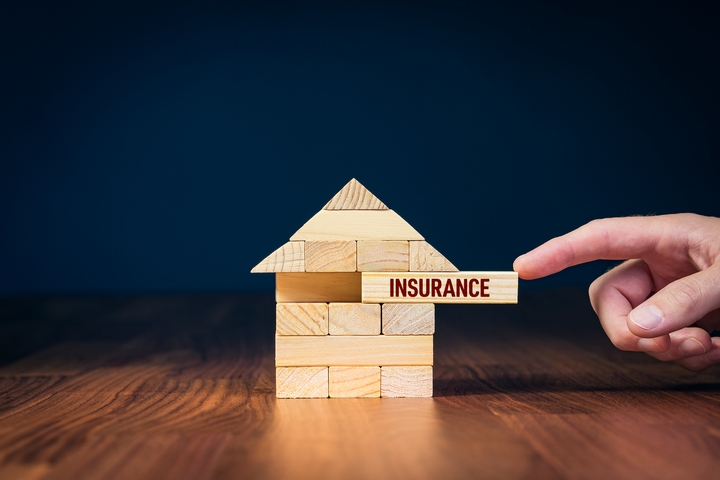
When it comes to standard home insurance, you should look for the coverage that best suits your needs. Basic home insurance with nothing special will cover ‘named perils’ only. This means a specific event or occurrence must be listed in your policy. Thereby, it is only those specific events or occurrences that you will have insurance for.
2. ‘No Frills’ Home Insurance
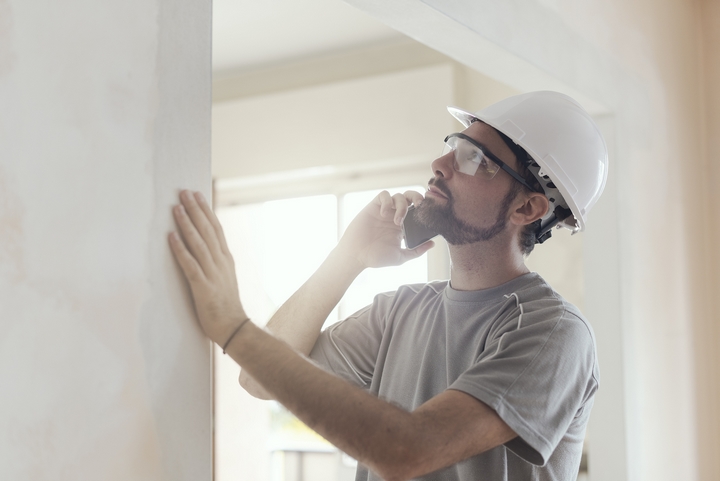
Some properties normally wouldn’t qualify for home insurance. This may be due to a structural defect or some sort of issue that has rendered your home ineligible. This doesn’t mean it’s a guaranteed ‘no’. Ask about ‘no frills’ insurance. It offers very basic coverage on properties that don’t meet normal insurance standards. It is better than nothing.
3. Broad v. Comprehensive Home Insurance
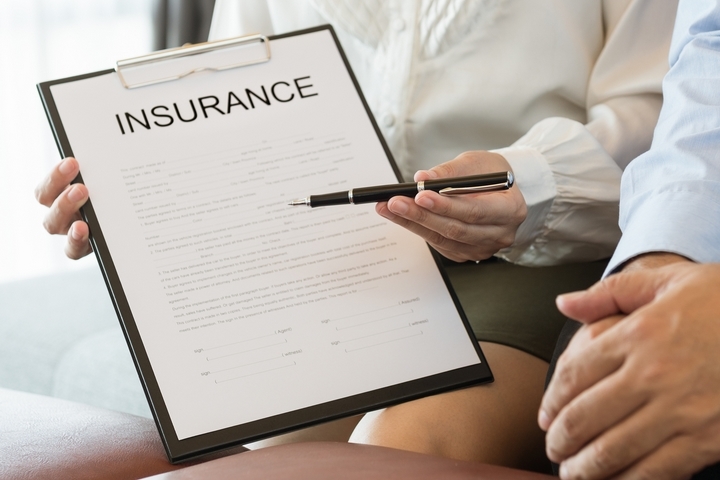
Broader home insurance policies are considered mid-tier and offer more coverage than a standard policy but less than a comprehensive. A comprehensive insurance policy covers the building, personal liability, and all risks involved. What kind of home insurance you take should come down to the value of your home, its contents, location, and age of the property as well as any risk you may pose to the property.
4. Dwelling

After you know what level of home insurance you want – standard, no frills, broad, or comprehensive – the next step is to define the terms. Home insurance first covers damages or losses to the dwelling you live in. Insured perils should be clearly stated in your policy. Things like fire, lighting strikes, smoke, theft, water damage, wind, vehicle impact, explosion, and falling objects are all included. Pay attention to what perils are and aren’t covered.
5. Contents
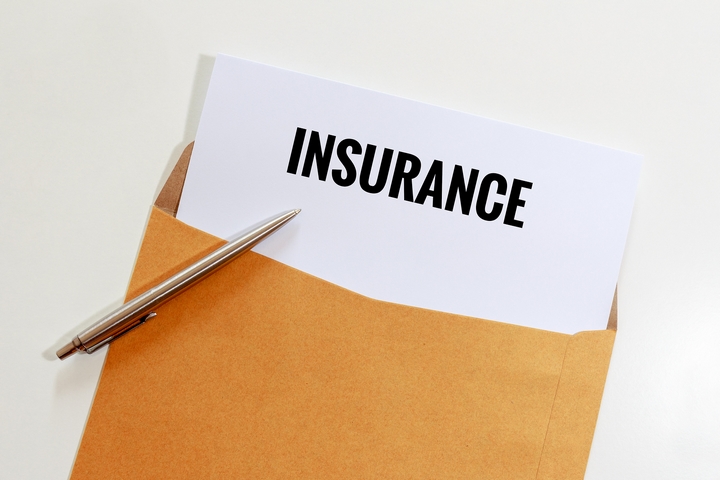
Coverage on contents insures possessions inside your home against theft, damage, and vandalism. Typically, this covers furniture, furnishings, clothing, electronics, sports equipment, boats, and toys. That said, each insurance company has different coverage limits. You may discuss with your agent extra coverage for valuables like jewelry, art, or electronics. In home insurance, contents coverage can be simplified or complicated depending on what you need.
6. Personal Liability

You are liable for the legal and medical costs of someone who gets injured on your property. Should your dwelling cause damage to another dwelling, you are also responsible for any replacements or repairs that need to be made. These are covered under personal liability. The amount and type of personal liability coverage does vary, however. Discuss this with your insurance agent. This is something you will definitely want to look into if you intend to do home renovations in the future.
7. Uninsured Activities
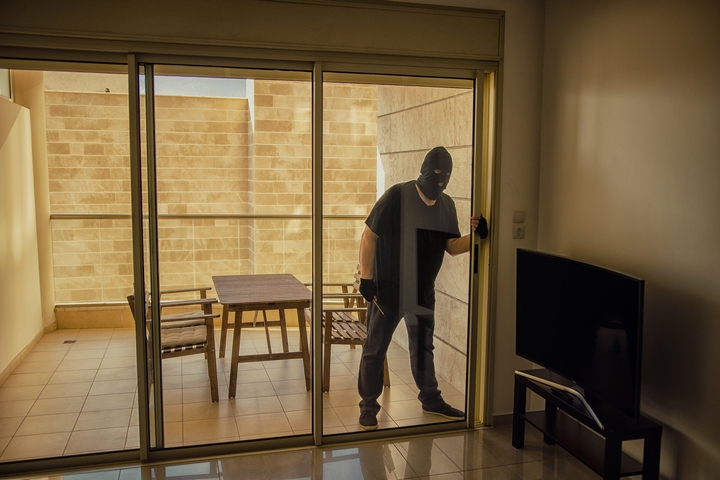
Some risks insurance companies will not cover. Home-sharing activities are not covered which means damage relating to an Airbnb stay is not included in your home insurance. Criminal activities and fraud – such as if someone is intentionally injured on your property – will result in denial of a claim. Business use and associated risks are not covered. If your home insurance company can also prove you haven’t taken proper care or have disregarded measures to protect your home, this can also be grounds for denying a claim.
8. Natural Disasters
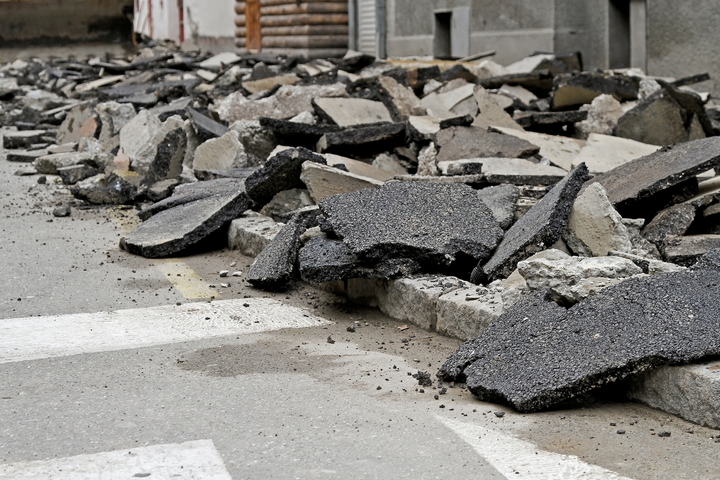
Unfortunately, some disasters are not covered. Look at your policy and discuss with your agent should you have concerns. Extra coverage – also known as ‘endorsements’- can often be purchased. Things like flooding, windstorms, sewer back-up, and earthquakes are not covered. Should your home become damaged from one of these events, you will have to cover every expense with no assistance from your insurance policy. If this is problematic, definitely talk with your agent beforehand on an endorsement.
9. Policy Conditions
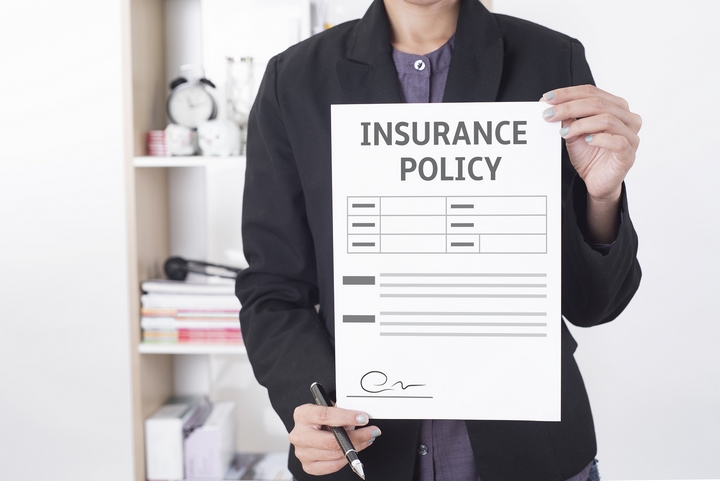
A standard home insurance policy will have policy conditions you must fulfill to maintain the coverage. Break these and your home insurance policy can be voided. A renovation, not maintaining your home, starting or running a home business, and being away for long periods of time without someone checking on your house are all events that can unfortunately void an insurance policy. This isn’t to say you can’t do these things but discuss what your options are with your insurance agent.
10. Contact Multiple Companies

We recommend getting quotes from at least three home insurance companies. Do a full comparison of their policies. Each policy is likely to be a little bit different. It’s imperative you understand what’s covered and what isn’t. This will help you decide on what the best policy is for you. There is no one-type-fits-all approach to home insurance. ‘Good’ home insurance will ultimately be what fits your needs.

